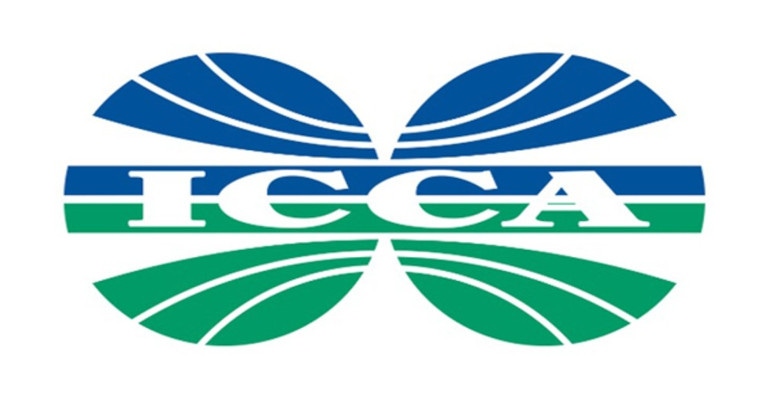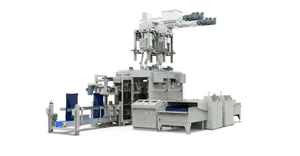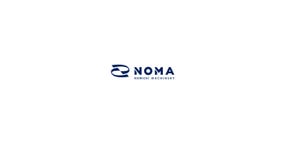Several common themes/actions emerged from the meeting
December 2, 2022

Members of the International Council of Chemical Associations (ICCA) joined delegates in Punta Del Este, Uruguay this week for the first meeting of the International Negotiation Committee (INC-1), which aims to create a global agreement on plastics.
After the meeting, the ICAA issues this statement:
ICCA remains supportive of a legally binding agreement to eliminate plastic waste in the environment and is optimistic of the direction of negotiations towards achieving this goal as INC-1 concludes.
Several common themes/actions emerged from the meeting, including:
• Scaling up a circular economy for plastics, where used plastics are captured and remade into new plastics
• Designing products for circularity
• Enabling partnerships between the private sector and governments to unlock financing to improve waste management, which serves as the foundation of a circular economy
• Enhancing transparency on chemical additives
ICCA and plastic makers support these actions and remain constructively engaged to advance solutions, provide industry data where appropriate, and foster a bold agreement that helps eliminate plastic waste in the environment.
Plastic makers around the globe are already transitioning towards a circular economy by investing billions in recycling infrastructure and designing plastic products for increased recycling. This global agreement presents a significant opportunity to accelerate those efforts by fostering public private partnerships, aligning private investment with country goals and actions, and reducing barriers to technology and expertise necessary for an equitable transition to circularity.
At INC-1, nations and stakeholders raised concerns about chemical additives in plastics. Although many governments already rigorously test and regulate chemical additives for safety, the plastics and chemical industry is embarking on potential pathways to improve transparency of additives used in plastics.
Additives are essential to the myriad uses of plastics in modern life. Plastic and chemical manufacturers will continue working with national governments and international negotiators throughout the INC process so additives can be used with confidence and deliver the benefits essential to so many critical products.
About the Author(s)
You May Also Like




